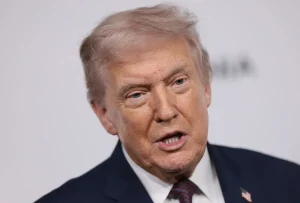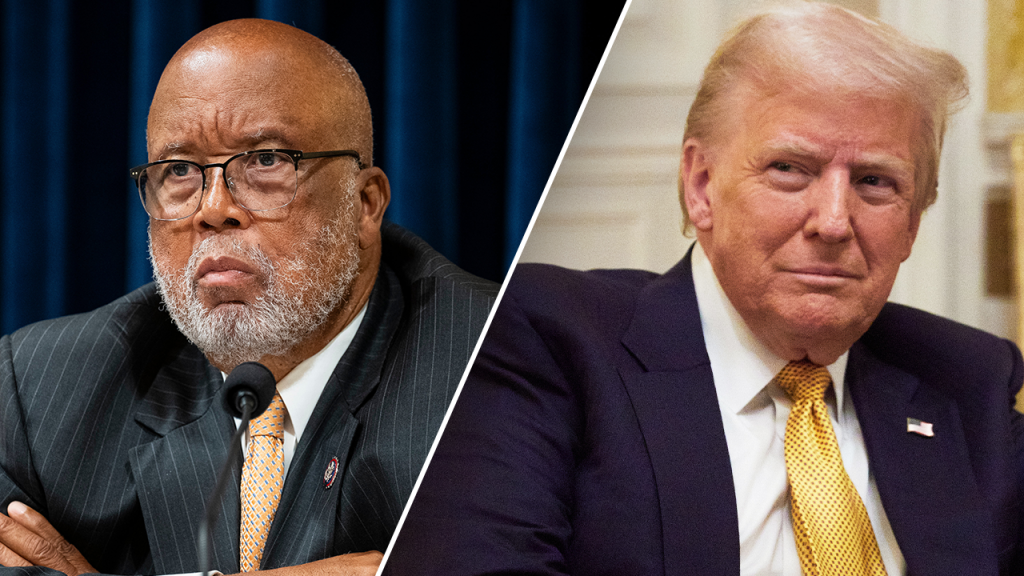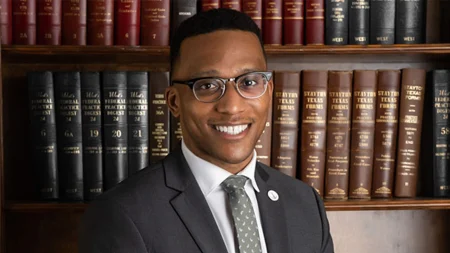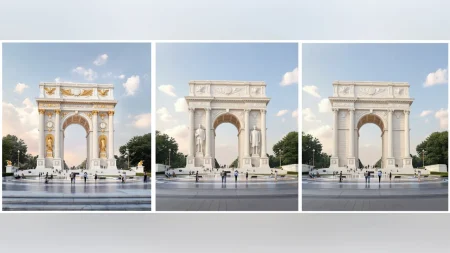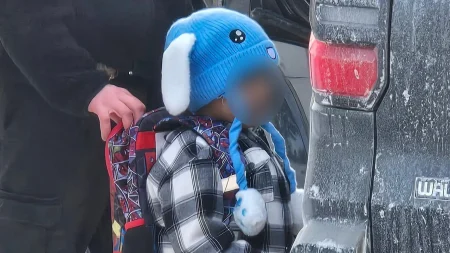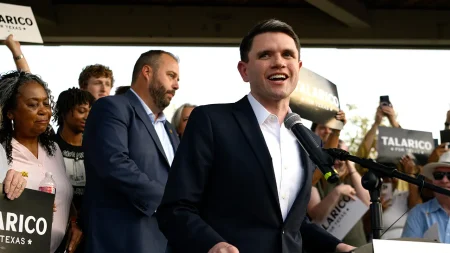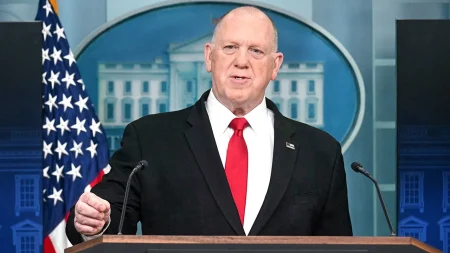Part 1: Trump’s Accusations and Thompson’s Rebuttal
Former President Donald Trump has levied accusations against members of the now-disbanded January 6th House Select Committee, suggesting they should face jail time for their handling of the investigation. Trump’s primary claims revolve around the alleged deletion and destruction of evidence related to the Capitol breach. He specifically targeted Representative Bennie Thompson, the committee’s Democratic chair, and former Representative Liz Cheney, a prominent Republican critic of Trump. Trump’s assertions, made during an interview on NBC’s "Meet the Press," characterized the committee as a group of "political thugs and creeps" engaged in a cover-up.
Representative Thompson responded forcefully, dismissing Trump’s accusations as baseless and reiterating the committee’s commitment to uncovering the truth about the January 6th insurrection. Thompson defended the committee’s work, emphasizing its adherence to House rules and the integrity of its findings. He highlighted the fact that no legal body has successfully challenged the committee’s conclusions since its report was released. Thompson portrayed Trump’s threats as a continuation of his pattern of undermining democratic institutions and attempting to rewrite history. He vowed to continue standing up to Trump’s unfounded attacks.
Part 2: Cheney’s Defense and Context of the Accusations
Liz Cheney echoed Thompson’s sentiments, characterizing Trump’s call for jail time as a blatant attack on the rule of law. She firmly rejected the notion that the committee destroyed evidence, emphasizing the extensive documentation of Trump’s efforts to overturn the 2020 election. Cheney recounted Trump’s actions leading up to the Capitol breach, highlighting his role in mobilizing the mob and his delayed response to the violence unfolding at the Capitol. She reiterated the committee’s core finding: that Trump bears responsibility for the events of January 6th.
These accusations arise amidst reports that President Biden is considering preemptive pardons for individuals perceived as Trump’s political adversaries, including Cheney and Thompson. This potential move underscores the deep political divisions that continue to permeate the aftermath of the January 6th attack. The accusations also follow a House Republican report earlier this year that alleged the January 6th committee engaged in a partisan effort to smear Trump, further fueling the political tensions surrounding the investigation. Trump has repeatedly made similar claims about deleted evidence, referencing this report as supposed evidence.
Part 3: The House Republican Report and Thompson’s Response
The House Republican report, spearheaded by Representative Barry Loudermilk, alleged that the January 6th committee selectively deleted records, concealed evidence, and employed "Hollywood producers" to craft a predetermined narrative. This report claims they recovered over a hundred deleted or password-protected files, including some deleted days before the Republican takeover of the House. It also asserts that transcribed interviews with key witnesses possessing firsthand knowledge of Trump’s actions were hidden. This report forms the basis of Trump’s repeated claims. The report also criticized the committee’s use of video recordings of witness interviews and depositions in their primetime hearings while allegedly failing to turn these recordings over.
Thompson refuted these allegations in a letter to Loudermilk, explaining that the committee followed established procedures for archiving sensitive materials. He emphasized the need to protect witnesses, safeguard national security, and preserve the integrity of law enforcement operations. This explanation aimed to counter the accusations of intentional destruction or concealment of evidence. Cheney has also consistently denied any mishandling of evidence by the committee, publicly refuting the claims made in the Republican report.
Part 4: Cheney’s Rebuttal and Legal Implications
Cheney further challenged Trump’s assertions, arguing they lack any factual or constitutional basis. She questioned the legitimacy of a Justice Department investigation into the work of a congressional committee, suggesting such an action would be legally unsound and potentially subject to sanctions. Cheney’s response framed Trump’s calls for investigation as a dangerous precedent, potentially undermining the separation of powers and chilling the legitimate investigative functions of Congress.
Cheney’s response also underscored the extensive documentation supporting the committee’s findings, arguing that Trump’s claims are demonstrably false. She pointed to Thompson’s detailed rebuttal to the House Republican report as further evidence of the committee’s transparency and adherence to proper procedures. Cheney emphasized the gravity of Trump’s attempts to overturn the election and incite violence, arguing that his actions represent a fundamental threat to American democracy.
Part 5: The January 6th Committee’s Investigation and Composition
The January 6th Select Committee was formed in July 2021 to investigate the circumstances surrounding the attack on the U.S. Capitol. The committee, comprised of seven Democrats and two Republicans (Cheney and Adam Kinzinger), conducted an 18-month investigation, culminating in a final report released last year. The investigation took place under Democratic control of the House, and its findings were subsequently challenged by Republicans upon regaining the majority.
The committee’s final report included criminal referrals to the Justice Department recommending prosecution of Trump for his role in the events leading up to the Capitol breach. These referrals, a significant outcome of the investigation, further inflamed political tensions and fueled accusations of partisan bias. The bipartisan composition of the committee, though including only two Republicans who openly opposed Trump, aimed to lend credibility to the investigation, though it remained a highly contentious issue.
Part 6: The Broader Political Context and Ongoing Debate
Trump’s accusations against the January 6th committee members are situated within a broader political context characterized by deep partisan divisions and ongoing debates about the legitimacy of the 2020 election. Trump’s persistent claims of election fraud and his attacks on the integrity of the investigation continue to resonate with a segment of the population, further polarizing the political landscape.
The controversy surrounding the January 6th investigation reflects the broader struggle over the narrative of the Capitol attack and its implications for American democracy. The differing interpretations of the events of that day, and the accusations of partisan bias surrounding the investigation, continue to hinder efforts to achieve a shared understanding of the attack and its consequences. The ongoing legal and political battles surrounding January 6th highlight the fragility of democratic norms and the enduring challenges facing the United States in the wake of the insurrection.

